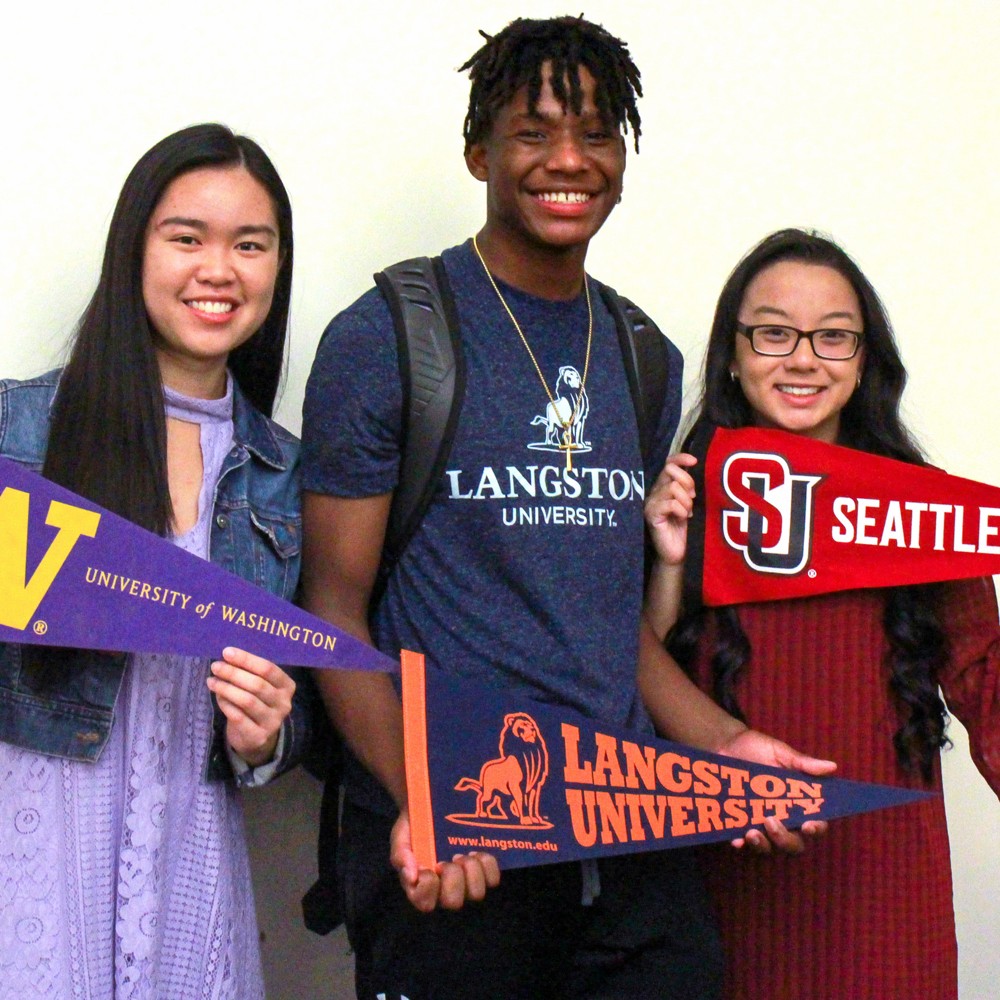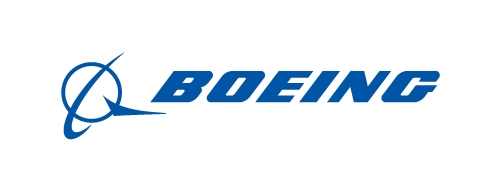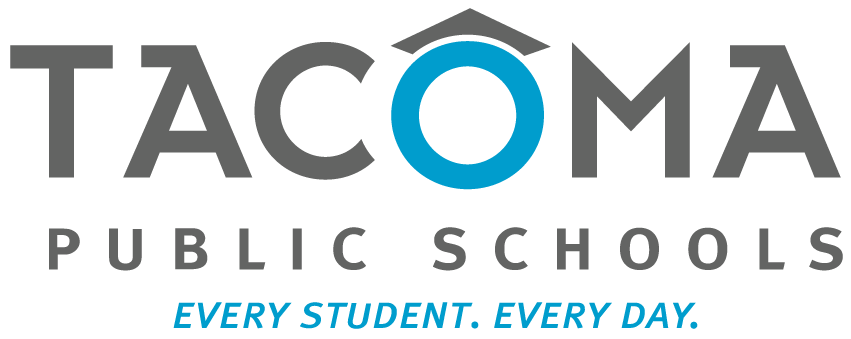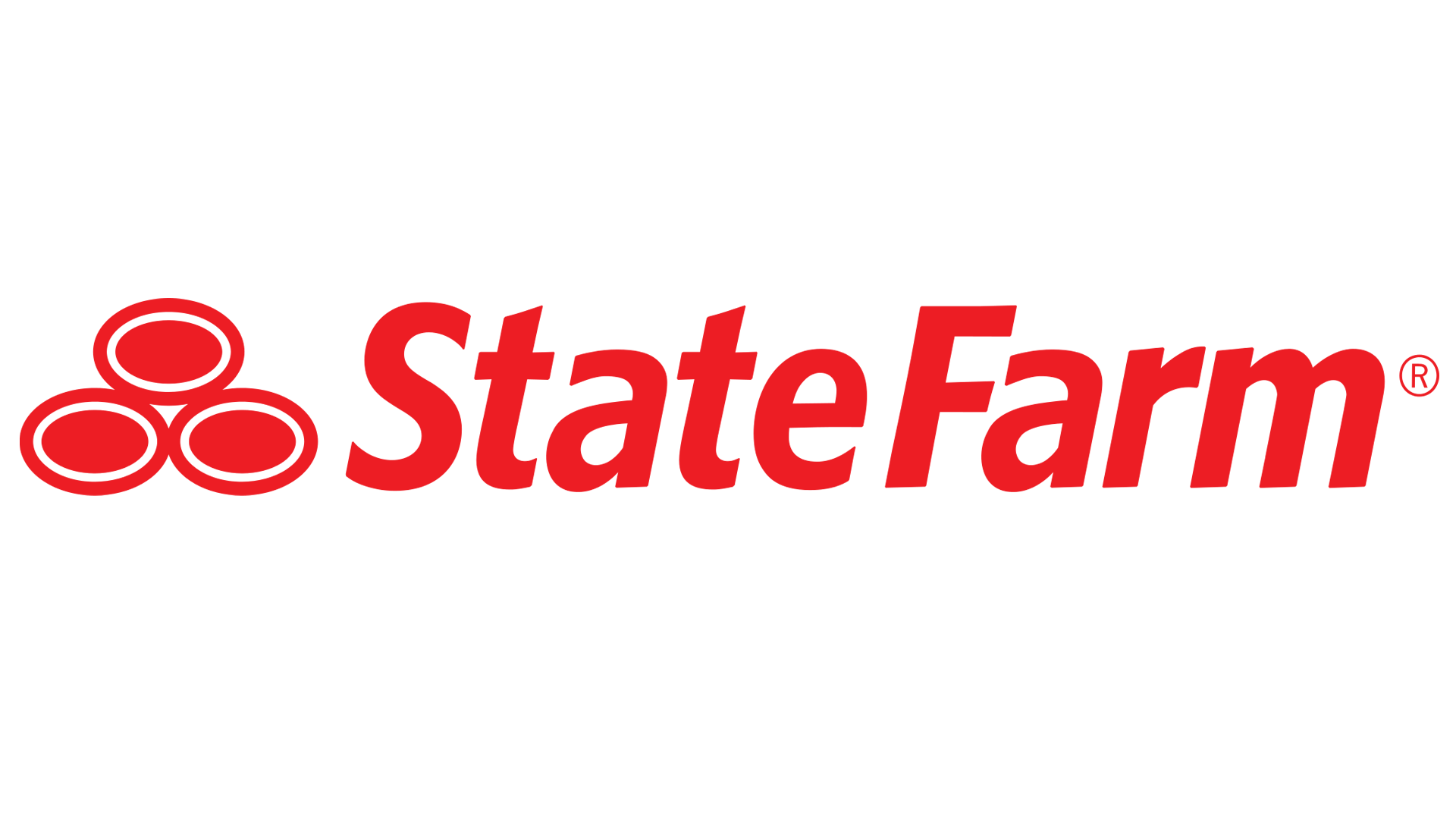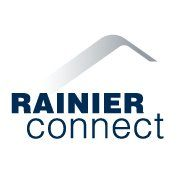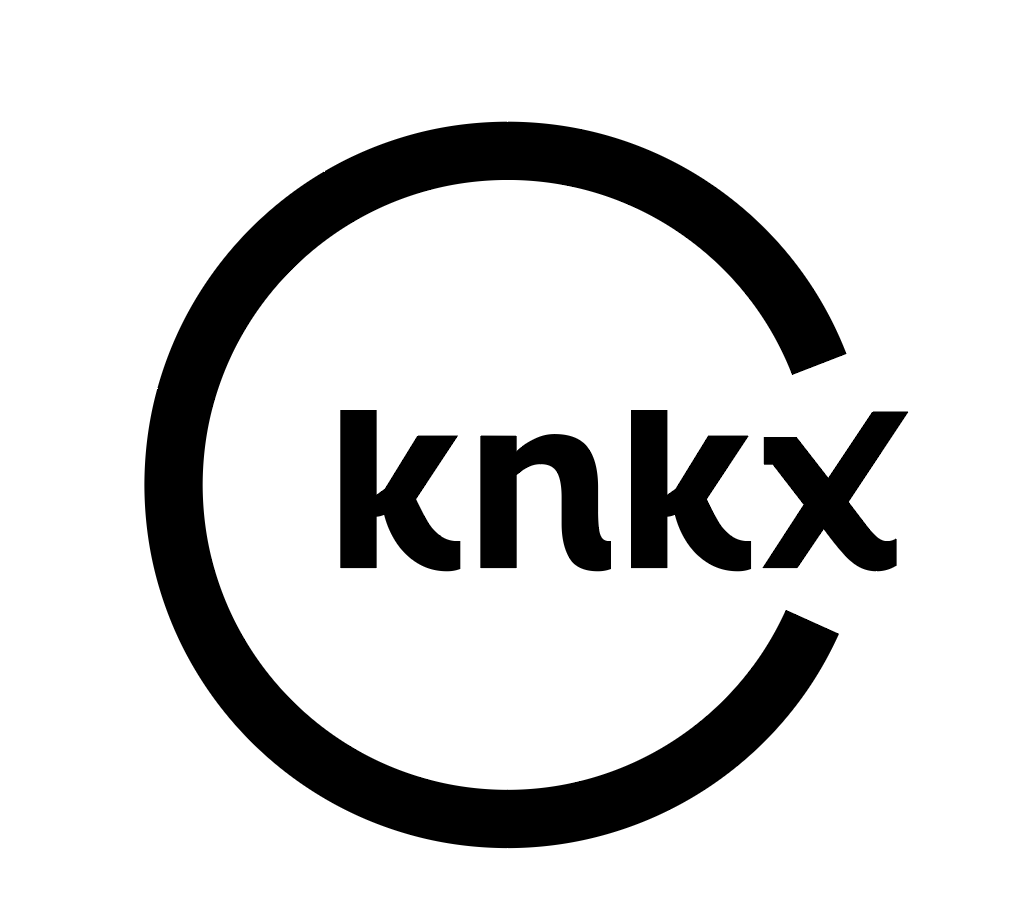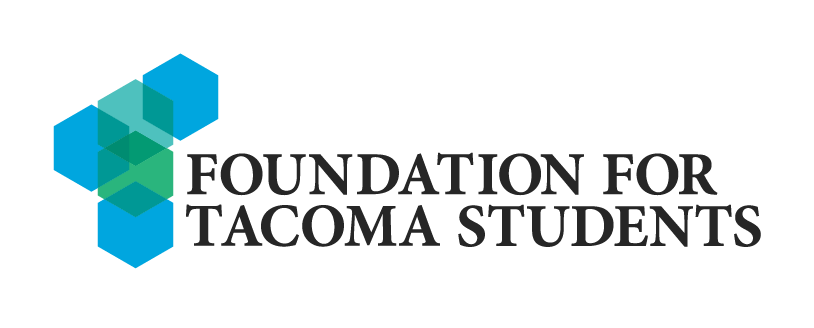The Foundation for Tacoma Students seeks a community based organization or institution to serve as a community intermediary to help lead and coordinate efforts to improve postsecondary pathways for Tacoma students, with a focus on system-related interventions and programs that directly impact postsecondary access and enrollment.
Background/Introduction
The Foundation for Tacoma Students (FFTS) is the organizational backbone of the Graduate Tacoma community-wide movement. In pursuit of our mission to help every child achieve success from cradle to college and career, we have spent the last nine years working to build a community that honors partnership and collaboration to improve outcomes for all students, particularly those from historically underserved populations. Over the years we have gained support, buy-in, and most importantly the trust of our community partners who have advanced the movement and created the successes we celebrate today. We connect the full community — educators, parents, students, early learning and higher education, elected officials, business and labor, community service and youth organizations, nonprofits and philanthropy and communities of faith — to help improve student achievement and success in Tacoma.
The Graduate Tacoma community movement is made up of more than 270 community partners, taking shared responsibility to align the necessary goals, data, and resources that builds a Tacoma where every child succeeds in career, school, and life. The Foundation for Tacoma Students serves as a results-based facilitator and convener and brings hundreds of Graduate Tacoma community partners together monthly to address the barriers that face students in achieving success. These partners make up the four Collaborative Action Networks the Foundation for Tacoma Students manages: Early Learning and Reading, Out of School and Summer Learning, Tacoma Science, Technology, Engineering, Arts, and Math (STEAM), and the Tacoma College Support Network.
FFTS seeks a community based organization or institution to serve as a community intermediary to help lead and coordinate efforts to improve postsecondary pathways for Tacoma students, with a focus on system-related interventions and programs that directly impact postsecondary access and enrollment.
The Postsecondary Access Intermediary will work in the areas of postsecondary program and/or intervention development and evaluation, community convening, cohort-building, and professional learning. The Postsecondary Access Intermediary will work alongside the Project Manager of the grant for which this position supports, as well as key partners like Tacoma Public Schools, to analyze, design, implement, and integrate interventions related to Postsecondary Access.
Project Goals and Scope of Services
The primary goal of this project is to improve the postsecondary pathway for Tacoma Public School students, with a heightened focus on those most acutely minoritized (students of color, students in poverty, etc.). The scope of the Postsecondary Access Intermediary will focus primarily on access and enrollment strategies and interventions and will work closely with CBOs and Tacoma Public Schools to address these areas. In addition, the Postsecondary Access Intermediary will play an influential role in the larger Tacoma Completes initiative, addresses postsecondary persistence and completion. To achieve this, the Postsecondary Access Intermediary will work with our Director of Systems Alignment, Project Manager, and key community partners/consultants to do the following:
- Utilize cross-sector environmental scans to better understand issues related to college access and completion.
- Convene a working group through investments in partner organizations, enabling dedicated time and consistency to analyze and reflect on the results of the cross-sector environmental scans and other available data.
- Design a set of high-leverage interventions (two to three) based on several criteria including data-driven evidence of need, mix of potential ease & impact of implementation, and readiness of stakeholder partners. Interventions will include new or enhanced programming, cross-institution alignment of existing programming, and systems-level alignments and improvements.
- Pilot and integrate each of the interventions/strategies with sufficient time to evaluate and iterate progress with the ultimate intention of developing sustainable structures that allow for broadening partnerships and aligned systems that enable even more students to access postsecondary options and persist through to completion over time.
The project is term bound and attached to a larger grant expiring in March 2021.
Anticipated Selection Schedule
Selection will take place in October of 2019, on a rolling basis.
Time and Place of Submission of Proposals
All proposals are due to Elvin Bucu, Director of Systems Alignment at the Foundation for Tacoma Students, on or before 10/15/2019. Proposal review and selection will take place on a rolling basis. Proposals must be submitted via email as an attached PDF, with the subject line “Postsecondary Access Intermediary,” and can be sent to ebucu@graduatetacoma.org.
Timeline
The project is term bound and attached to a grant expiring in March 2021. The Postsecondary Access Intermediary will work closely with our Director of Systems Alignment and Project Manager throughout the process and the work will unfold in three phases over the 21 month period. Phases are as follows:
Scan & Analyze
- Environmental scan via external consultant to assess current landscape for access-related programs and interventions (July 2019 – Oct 2019).
- Focused deep dive into current data and outcomes from student voice research and environmental scan results (July 2019 – Oct 2019).
- Analyze results of environmental scan and begin development of cross-system enhancement and coordination of interventions with a focus on alignment to completion strategies (Oct 2019 – May 2020).
Implement
- Begin implementation of two to three high-leverage interventions (Oct 2019 – May 2020).
- Begin planning and implementation of coordinated strategies/interventions, with alignment to postsecondary completion strategies already in motion (May 2020 – Sept 2020).
Evaluate
- Continue implementation of aligned/coordinated interventions (ex. two to three per area); integrate evaluation process into this 6-month period (Oct 2020 – Mar 2021).
- At completion of grant, partners will design, pilot and recalibrate for up to three (interdepartmental, cross-institutional and/or cross-sector) interventions informed by evaluation process. Examples of focus areas include:
-
- Clearer pathways to transfer and/or graduate, or
- Stronger ‘safety nets’ (basic needs and other support services, such as housing) for those at risk of not persisting through to graduation/certification.
Elements of Proposal
A submission must, at a minimum, include the following elements:
- Description of the organization that gives an overview and related credentials
- A one-two page narrative outlining the organization’s strengths and distinguishing capabilities related to the project goals and scope of services
- A representative selection of previous work in related program and/or intervention development and evaluation, community convening, cohort building, and professional learning communities
Evaluation Criteria
The ideal respondent will:
- Have been operating continuously in one or more of the requested areas for a minimum of 24 months and possess all relevant skills as an individual or in-house within their firm
- Have experience in postsecondary-related program and/or intervention development and evaluation, community convening, cohort building, and professional learning communities
- Have competitive costs of services
- Have expertise and a history of working with similar nonprofit or community based organization clients working in education
- Have a familiarity with the City of Tacoma, Tacoma Public Schools, and the issues facing the diverse students in our community.
- Have familiarity with Collective Impact methodologies and Backbone Organizations
- Have an understanding of, or an analysis of, issues related to equity, poverty, and structural racism
- Include a projected budget estimate in our required budget range
Respondents will be evaluated on a rubric and on a rolling basis.
Possible Roadblocks
Collective Impact work requires extensive coordination with anchor institutions and other partner organizations, which can be a laborious and time consuming process requiring trust-building and numerous in-person meetings. Therefore, the consultant will need to be based in or able to relocate to Tacoma, Washington, or the Puget Sound area.
Budget
Please submit a budget proposal for scope of work between August 2019 and March 2021. The most competitive and relevant proposal will be rewarded.

